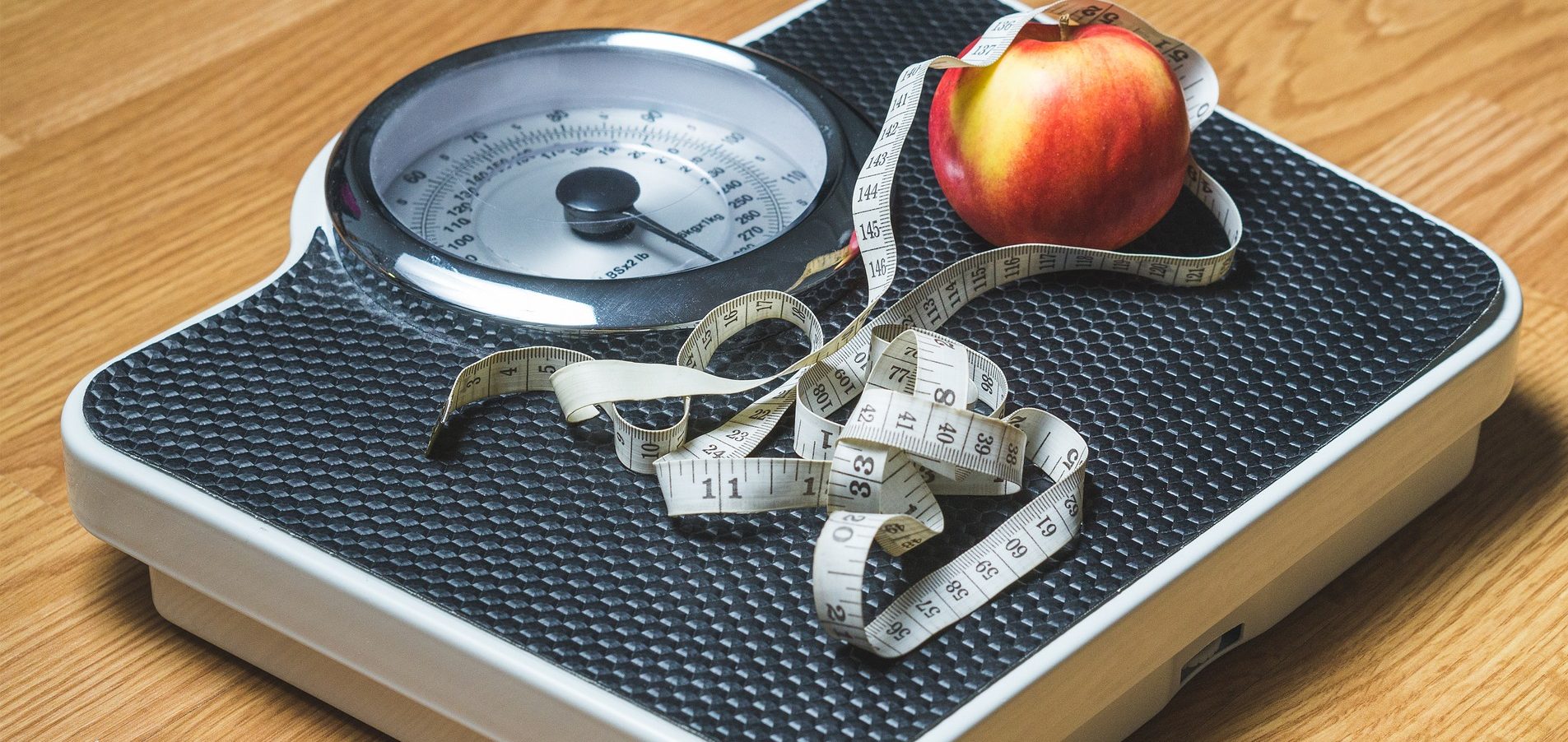Throughout my career in fitness industry, I came across with clients that are struggles to lose weights/fat, or control their body weights. The most common mistake my clients would do is consume bigger meal close to bedtime, given that –“But….it is still in my calorie intake bracket.” Eating a big meal at night has been linked to weight gain due to various physiological, metabolic, and behavioral factors. While calorie intake and expenditure play a primary role in weight management, the timing of food consumption also affects metabolism, digestion, and fat storage. Below is an discussion that I often bring up with my clients, why consuming a large meal at night can contribute to weight/fat gain.
Metabolism Slows Down at Night
The body’s metabolic rate fluctuates throughout the day, following the circadian rhythm. At night, metabolic activity naturally slows down as the body prepares for rest. Eating a large meal close to bedtime means the body burns fewer calories for digestion and energy use, leading to greater fat storage.
The circadian rhythm regulates physiological processes, including digestion and energy metabolism. Eating late disrupts these processes, making it more likely that excess calories are stored as fat instead of being used for energy.thats wh, in some cases, I discuss and encourage my clients to skip dinner and have breakfast the next morning.
Insulin Sensitivity is Lower at Night
Insulin is a hormone that helps regulate blood sugar levels by allowing glucose to enter cells for energy use or storage. At night, insulin sensitivity declines, meaning the body’s ability to efficiently process carbohydrates decreases.When insulin sensitivity is low, glucose remains in the bloodstream for longer, causing the pancreas to release more insulin. Elevated insulin levels promote fat storage, particularly in the abdominal area. A large nighttime meal, especially one rich in carbohydrates, increasing the likelihood of weight gain.
Lower Physical Activity Levels at Night
One major reason eating large meals at night contributes to weight gain is reduced energy expenditure. After consuming food, physical activity helps burn calories. However, most people engage in sedentary activities such as watching TV, reading, or sleeping at night. This inactivity means fewer calories are burned, and more are stored as fat. This is why I highly recommend my clients to consume high calories food on daytime. The reason I recommend that is because of TEF (the energy required for digestion, absorption, and metabolism). TEF is higher during the day when people are more active. At night, when activity levels drop, TEF also decreases, further reducing calorie expenditure.
Poor Digestion and Gut Health
This is something that we tend to neglect when comes to weight/fat lost… The GUT HEATH!!! Eating large meals at night can negatively impact digestion. Since digestion slows down during sleep, consuming a big meal before bed increases the risk of acid reflux, indigestion, and bloating. The gut microbiome plays a crucial role in metabolism and weight regulation. Eating large meals late at night may disrupt the balance of gut bacteria, leading to poor digestion and increased fat storage.There are studies suggest that late-night eating promotes the growth of harmful gut bacteria associated with obesity but that is topic for another day.
Hormonal Imbalance
Besides the insulin hormone, there are hormones that we should consider. Hormones that regulate hunger and metabolism—such as leptin, ghrelin, and cortisol. They fluctuate based on our eating patterns. Ghrelin, the “hunger hormone,” increases when meals are delayed, leading to excessive calorie intake at night. Over time, frequent late-night eating disrupts natural hunger cues, causing overeating and weight gain. Leptin, the “satiety hormone,” signals fullness. Eating late at night, especially high-calorie meals, can lead to leptin resistance, making it harder to recognize fullness signals and increasing the likelihood of overconsumption.
Higher Likelihood of Overeating
Eating late at night is often associated with overeating due to emotional triggers, stress, and mindless snacking. Large nighttime meals tend to be calorie-dense and nutrient-poor, contributing to excessive calorie intake. Many people turn to food at night as a way to cope with stress, boredom, or emotional distress. High-calorie comfort foods, such as fast food, sweets, and processed snacks, are commonly consumed in these situations, leading to weight gain over time.
Disrupted Sleep and Weight Gain
Poor sleep quality is a major factor in weight gain. Eating a large meal at night, particularly one high in carbohydrates or fat, can disrupt sleep by causing digestive discomfort, acid reflux, or fluctuations in blood sugar levels.
The Sleep-Hormone Connection
- Less Sleep = More Hunger: Sleep deprivation increases ghrelin levels and decreases leptin, leading to increased appetite and cravings for unhealthy foods.
- Cortisol and Fat Storage: Poor sleep elevates cortisol, a stress hormone linked to increased abdominal fat storage.
Increased Fat Storage and Reduced Fat Burning
When excess calories are consumed at night, the body is more likely to store them as fat rather than use them for energy. This is due to a combination of factors, including decreased metabolism, lower insulin sensitivity, and hormonal changes. Fat oxidation, the process of breaking down fat for energy, is less efficient at night. Eating a large meal before bed reduces the body’s ability to burn fat, leading to gradual weight gain.
Conclusion
Eating a big meal at night can lead to weight/fat gain due to multiple factors, including reduced metabolism, poor insulin sensitivity, lower physical activity, hormonal imbalances, and disrupted sleep. While total calorie intake remains the primary determinant of weight gain, the timing of meals plays a significant role in how those calories are processed and stored. To avoid weight/fat gain, it’s best to eat larger meals earlier in the day when metabolism is more active and to consume lighter, nutrient-dense meals in the evening. Managing portion sizes, maintaining a balanced diet, and practicing mindful eating can help support a healthy weight and overall well-being.




0 Comments